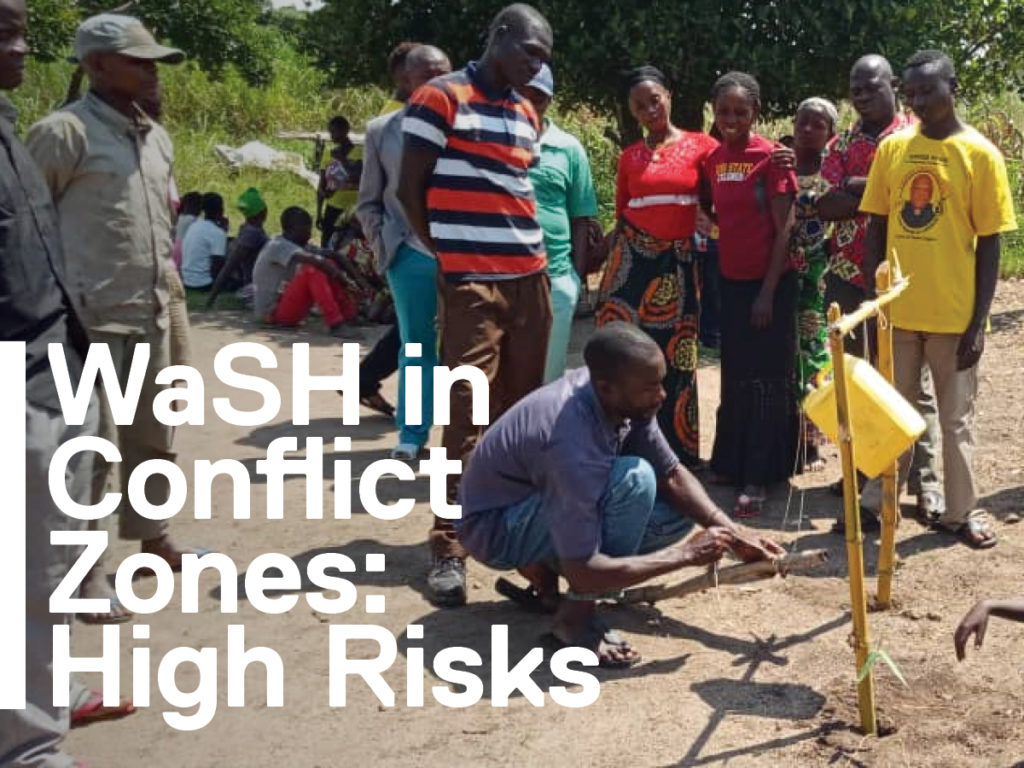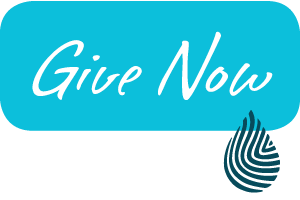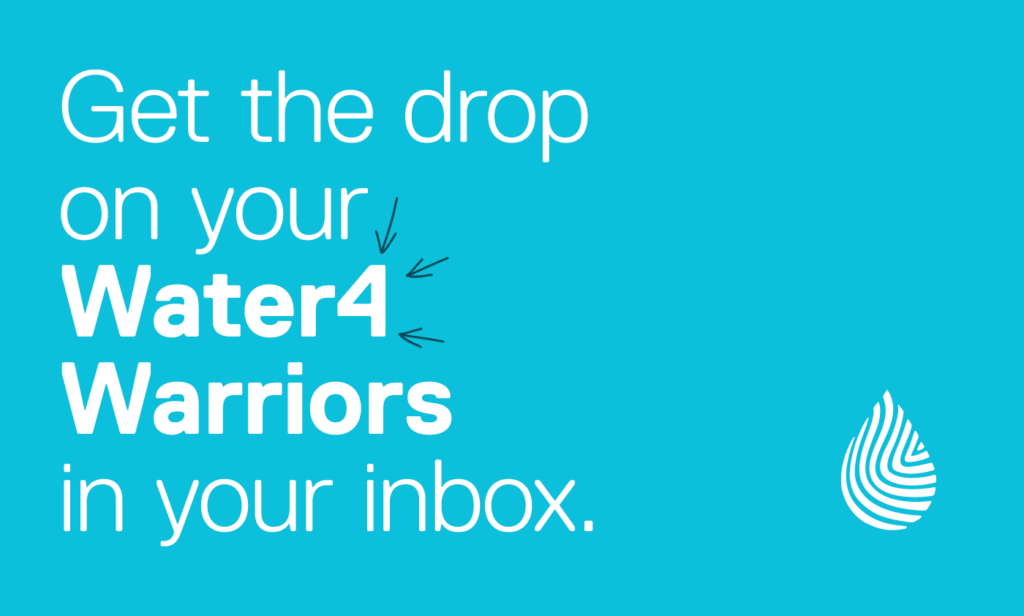Cholera is a deadly water-borne disease affecting as many as four million people each year. In eastern Democratic Republic of the Congo (DRC), cholera is endemic. Without improvements in safe water, sanitation, and hygiene (WASH) in the region, the disease will continue to spread and infect thousands.
The fact that DRC is a conflict-afflicted country suffering from extreme poverty makes inroads in the fight against cholera all the more improbable. Lack of effective government institutions, coupled with security concerns, holds many agencies back from going beyond emergency relief efforts. Communities receiving initial support from the outside are left to battle multiple challenges on their own for the long-term. Despite the Sustainable Development Goal (SDG) promise to “leave no one behind”, those living in conflict zones quickly fall to the bottom of the list.
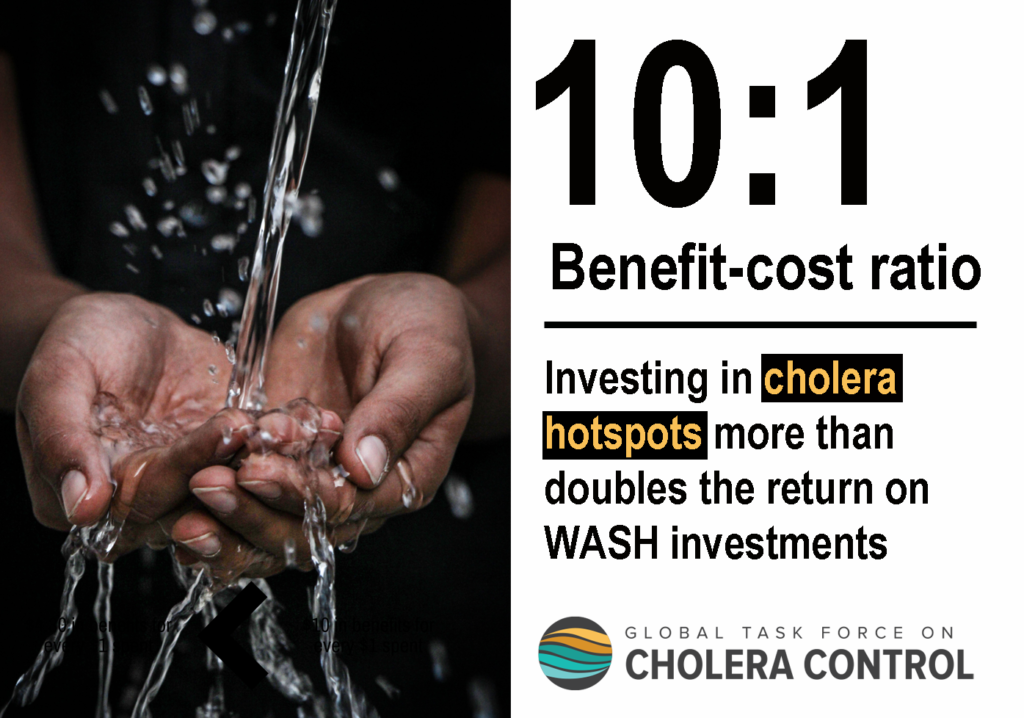
Where others may see a risk too high to take, we see an opportunity to do more with less. Water4 is fighting with F.I.R.E.- using Faith, Innovation, and Empowerment to Reimagine a DRC with more access to safe water. And we’re expecting a big return on investment. In cholera hotspots, investments in improved WaSH deliver exponential returns. According to the Global Task Force on cholera Control, for each $1 invested, $10 in benefits to society are accrued, more than double the $4.30 return on a typical WaSH investment. Impacting more peoples’ lives with each scarce donor dollar is all the more reason to be in DRC.
The Water4 model is simple: invest in local businesses who can tailor the safe water solution to fit the needs of the people served. Our local partner, AEDR, has been drilling wells around Ituri Province in eastern DRC for several years. The company has provided safe water to more than 27,000 people and trained more than 13,000 in safe hygiene practices. AEDR then manages the water points to ensure long-term functionality. In partnership with Pacha Soap, the company has also started manufacturing and selling soap to schools and consumers, creating multiple jobs in the process. The holistic approach is a game-changer; a winning combination of soap production, hygiene training, and safe water is helping one community at a time reduce the risk of cholera outbreaks.
But safeguarding communities from crises is just the beginning. We’re committed to DRC for the long haul, continuing to build, operate and maintain one sustainable water service delivery project after another. Through AEDR’s local presence, and commitment to the most marginalized, they are primed and eager to respond as crises arise. Today’s emergency relief efforts set the foundation for tomorrow’s sustainable water service delivery. In adversity, the stakes are high, but the rewards are off the charts.
